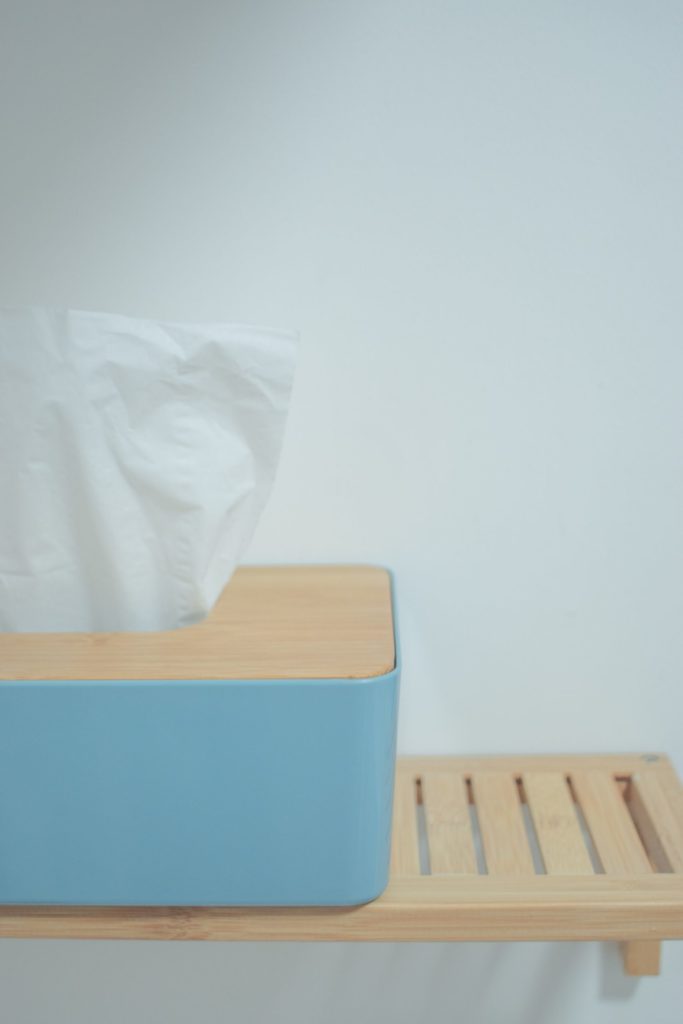In our post-COVID-19 world, a lot of people are less inclined to visit a primary care physician for minor ailments. The level of concern of possibly contracting the disease in public is already heightened, as people go about practicing such safety measures as social distancing and wearing face masks. Add in the factor of possibly contracting the disease at a doctor’s office, and people’s fears increase even more. Also, many people have lost their jobs due to COVID-19. This, unfortunately, has caused a lot of individuals to lose their company-sponsored health insurance, preventing many people from going to the doctor’s office.
In the wake of such concerns, people are seeking home treatment options for a variety of minor ailments at their homes. There is no shortage of alternative/at-home care methods that can be taken for smaller ailments that people are dealing with. With more serious conditions like a stroke, heart attack, or serious injury, it’s best to seek treatment at a hospital, rather than “dealing” with the condition from the comfort of your own home. Check out home treatment options that you can utilize for minor ailments during the COVID-19 pandemic below.
Hearing Loss
A lot of people suffer from hearing loss and use a hearing aid to deal with this condition. In most cases, taking a visit to an audiologist is necessary for unique hearing needs. Hearing aids that benefit from today’s advanced technology are very helpful when dealing with different levels of hearing loss. For example, Starkey hearing technology can help when trying to navigate challenging listening environments. These devices also provide unprecedented sound quality and give users the best possible sound performance.
In today’s technologically advanced world, there are ways you can treat your diminished hearing from home. First, you’ll want to make sure that your Starkey hearing aids are in the best shape possible. Keeping these Starkey hearing products in the best condition is key to helping you maintain good hearing health.
This might mean handling the hearing aid with care, turning off your hearing aid when it’s not in use, periodically cleaning the battery contacts, and remove any visible earwax or debris from the hearing aid with a clean cloth. These devices should be taken care of cautiously, as they include new technology such as Trulink technology, rechargeable hearing aids, high definition audio, precise directional microphones, Apple watch connectivity, android connectivity, and noise reduction technology.
You’ll also want to maintain good ear hygiene by keeping your ears clean. Only use products that are designed for such a purpose. Lastly, check your hearing with an audiologist on a regular basis. If you are noticing a marked change in your quality of hearing, then reach out to an audiologist about your unique hearing needs.
Common Colds
Colds can be taken care of at home, and don’t require any advanced treatment. The most important thing is to stay snuggled up underneath the covers. A cold doesn’t require the services of a caregiver, family caregivers, or a home health agency. A caregiver in such a case might be needed to provide home health care (or home recovery care) for a person after a major medical procedure. In the case of a cold, your spouse is the most you’ll need with helping you to get through your sickness.
If you do find yourself in need of a caregiver to provide medical care after a major procedure, make sure to interview the caregiver ahead of time. You’ll want to find recovery home care that you feel completely comfortable with. Even during the COVID-19 pandemic, there are caregivers available who are trained in safety procedures and will be sure to wear face masks to keep you safe.
To fight a cold, you’ll first want to begin with staying hydrated and resting as much as possible. Orange juice, water, clear broth, and a bit of sleep can work wonders for fighting a nagging cold. Another liquid that can help with fighting a cold is a saltwater gargle. This can be used to knock out a sore throat, allowing some sense of relief if you’re attempting to talk.
Lastly, try over the counter (OTC) cough and cold medications. These don’t completely eliminate your cold, and some medications only focus on specific symptoms. The thing which is great about such products is that they provide temporary relief for your cold, as you go through the recuperation process. Having a cold doesn’t require intensive home recovery care and can be tackled by taking on simple home treatment options.
Muscle Soreness and Pain
Another ailment that can be taken care of with home care would be muscle soreness and pain. You won’t have to seek the assistance of a physical therapist in cases such as these. This might come after you’ve had a pretty strenuous workout routine, a taxing physical activity, or possibly pulled a muscle reaching for an object. Many of these home treatment options don’t rely on complex or advanced technology methods. You can start such home treatment by soaking your sore muscles in a bath Epsom salt, which has been known to helping muscle aches.
You can also drink Apple cider vinegar and cherry juice to help reduce muscle soreness. Applying essential oils like lemongrass, peppermint, and marjoram essential oil for cramps is pretty helpful for sore muscles. Muscle tension also can be alleviated with marjoram, peppermint, lavender essential oils. By following such methods, you’ll get back to your regular level of muscle wellness and reaching the full potential of mobility.

